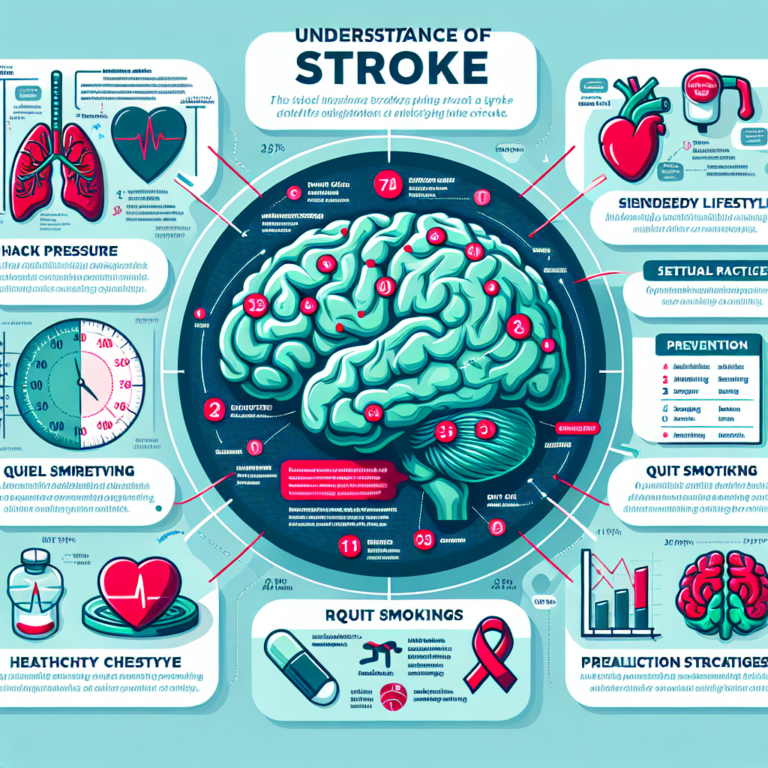
Introduction
In a world brimming with choices, understanding how to navigate them can feel overwhelming. There’s a hidden power within you that can provide guidance along the tumultuous path of decision-making: self-efficacy. The concept of self-efficacy not only influences how you approach challenges but also shapes your overall life trajectory.
Imagine standing at a crossroads, each path representing a different future. Would you confidently choose a direction or hesitate, consumed by doubt? The answer often lies in your self-belief, which is precisely what self-efficacy encapsulates. In this article, we will delve into the importance of self-efficacy, explore its impact on your life choices, and offer actionable insights to empower yourself to navigate life’s many decisions.
Understanding Self-Efficacy
What is Self-Efficacy?
Self-efficacy is a term coined by psychologist Albert Bandura, referring to one’s belief in their ability to succeed in specific situations or accomplish a task. This belief affects how you think, feel, and act. When you empower yourself with a robust sense of self-efficacy, you’re more likely to take on challenges, pursue goals, and persist in the face of adversity.
The Four Sources of Self-Efficacy
Mastery Experiences: Successes build a robust belief in your capabilities. The more you achieve, the more you empower yourself.
Vicarious Experiences: Observing others successfully perform a task can enhance your belief in your abilities.
Social Persuasion: Encouragement from others can fortify your self-efficacy and motivate you to take action.
- Emotional and Physiological States: Your emotional reactions and physical conditions can influence your perceived capability. Positive emotions can strengthen your belief, while negativity can undermine it.
The Importance of Self-Efficacy
Research indicates that self-efficacy is correlated with numerous positive outcomes:
- Better Performance: Individuals with higher self-efficacy tend to perform better academically and professionally.
- Resilience: They are more likely to persevere through setbacks.
- Self-Regulation: With strong self-efficacy, individuals are better at setting and achieving personal goals.
Self-Efficacy in Action: Real-World Applications
Case Study 1: Sarah’s Journey to Fitness
Sarah had always battled self-image issues. Despite her desire to lose weight, she often found herself overwhelmed and hesitant. After learning about self-efficacy, she decided to start small, empowering herself through achievable fitness goals.
| Goal | Outcome |
|---|---|
| Walk 15 mins a day | Achieved this regularly, built confidence |
| Join a local gym | Initially intimidating, but fostered a supportive community |
| Participate in a fitness challenge | Achieved her goal and inspired others |
Analysis: Sarah’s journey illustrates how starting small and building on successes can transform self-perception and empower your choices.
Case Study 2: John’s Career Change
At 35, John felt stuck in a job he didn’t like. Guided by the principles of self-efficacy, he began exploring his interests in graphic design.
| Action | Outcome |
|---|---|
| Online course registration | Developed crucial design skills |
| Networking with professionals | Gained insights, boosted confidence |
| Freelance projects | Successfully transitioned to a fulfilling career |
Analysis: John’s case emphasizes how increased self-efficacy can be a catalyst for significant life decisions, leading to fulfillment and personal growth.
The Ripple Effect of Empowerment
As seen through Sarah and John’s experiences, empowering yourself through self-efficacy not only enhances personal outcomes but also influences those around you. This creates a positive ripple effect in your community, inspiring others to pursue their own goals.
The Science Behind Self-Efficacy
Psychological Underpinnings
Numerous studies substantiate the powerful role of self-efficacy in shaping behaviors and decisions. For instance, Bandura’s research demonstrated that students with high self-efficacy performed better academically, while those with low self-efficacy often underachieved. This correlation underlines the need to develop a strong self-belief system to support personal and professional growth.
Table: Key Findings on Self-Efficacy
| Study | Findings |
|---|---|
| Bandura (1997) | High self-efficacy leads to better academic performance |
| Schunk & Zimmerman (2003) | Self-efficacy influences resilience in learning environments |
| Pajares (1996) | Self-efficacy positively impacts career aspirations |
How to Build Self-Efficacy
1. Set Achievable Goals
Start with small, attainable goals. As you achieve these, your confidence will grow, empowering you to tackle larger challenges.
2. Seek Role Models
Identify individuals who have succeeded in areas that interest you. Learn from their experiences and let their journeys inspire your own.
3. Encourage Yourself
Practice self-affirmation. Replace negative self-talk with positive statements that reinforce your capabilities.
4. Manage Emotions
Develop emotional regulation strategies, such as mindfulness or breathing exercises, to maintain a positive mindset, especially in challenging situations.
Conclusion
Empowering yourself through self-efficacy can be a transformative journey, shaping your life choices and determining your success in various realms. By fostering self-belief, you can redefine your limits, persist through challenges, and inspire those around you.
As you embark on your path to empowerment, remember: the journey begins with the decision to believe in yourself. Embrace that power and watch your life choices unfold in remarkable ways.
FAQs
1. How does self-efficacy impact mental health?
Higher self-efficacy is linked to lower anxiety and depression rates, fostering a more positive outlook and better emotional regulation.
2. Can self-efficacy be improved?
Absolutely! Through small achievements, supportive relationships, and positive self-talk, you can enhance your self-efficacy over time.
3. Is self-efficacy the same as self-esteem?
No, while both involve belief in oneself, self-efficacy is about capability in specific tasks, whereas self-esteem relates to overall self-worth.
4. How do I measure my self-efficacy?
Reflect on past experiences: evaluate situations where you felt confident and successful versus times you doubted yourself. This reflection can provide insights into your self-efficacy levels.
5. What role does culture play in self-efficacy?
Cultural factors can significantly influence self-efficacy. Supportive environments encourage belief in one’s capabilities, while negative cultural perceptions can diminish it.
In summary, "Empower Yourself: How Self-Efficacy Shapes Your Life Choices" isn’t just a theory; it’s a practical approach to living a fulfilling life. Embrace this powerful tool, and remember that the first step toward your dreams begins with believing in your potential.















